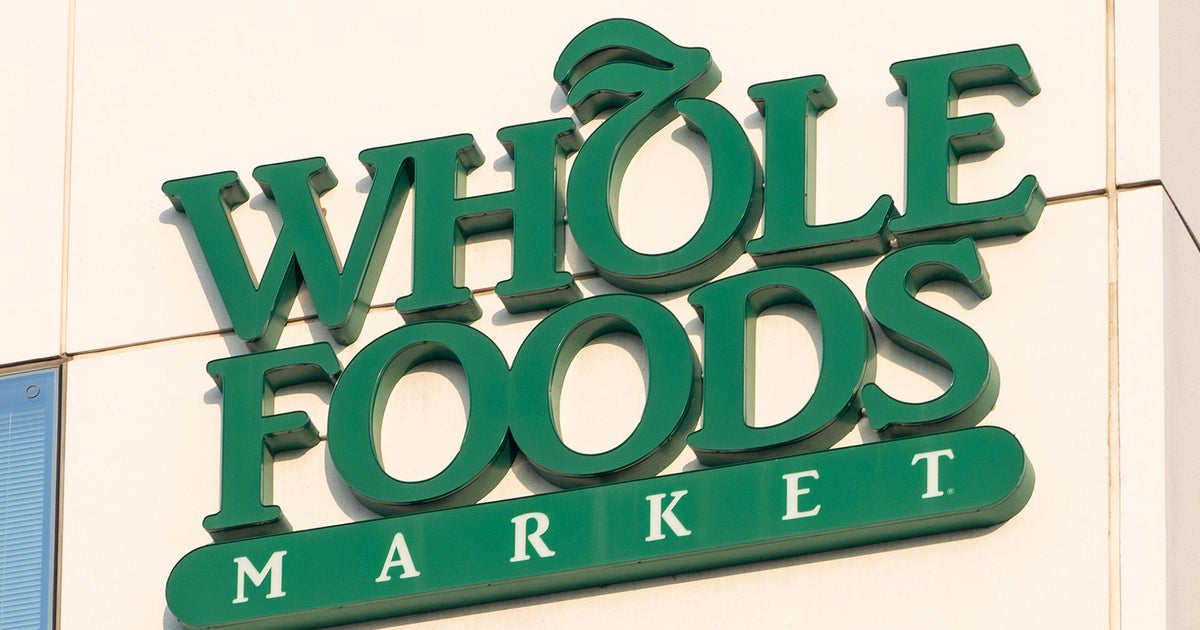Organic grocer Sprouts could spark a food fight
Sprouts Farmers Market (SFM), which reportedly has held preliminary buyout talks with grocery chain Albertsons in recent weeks, may attract other potential corporate suitors including Kroger (KR) and Whole Foods (WFM). Both are eager to tap into the growing consumer demand for fresh and natural foods, according to analysts.
Kroger, the largest conventional grocery operator, competes with Sprouts in a number of markets including California, Arizona and Texas, according to Rupesh Parikh, an analyst with Oppenheimer & Co. The chain also working to expand its footprint with smaller-format stores after making a significant investment last year in Colorado-based organic grocer Lucky’s Markets. Kroger also launched its Main and Vine concept focusing on fresh, local food.
If Boise, Idaho-based Albertsons nabs Sprouts, it may add the organic grocer to its lineup of chains, which already includes Safeway, Vons and Acme, or it could take the Phoenix-based company private, according to Bloomberg News.
Grocers have been expanding their organic offerings in recent years in response to growing demand from consumers. And that’s likely behind Albertsons potentially acquiring Sprouts. “You’re seeing more and more growth in the natural and organic arena and the fresh side of the business,” Parikh said. “Typically, that’s where these larger conventional players have less exposure.”
Spokespeople for Albertsons and Sprouts declined to comment for this story as did private equity firm Cerberus Capital, which took Albertsons predecessor, Safeway, private for $9.2 billion in 2014 and delayed a 2015 public offering because of poor market conditions. A spokeswoman for Whole Foods couldn’t immediately be reached.
Sprouts is heading into a potential bidding war from a position of strength. Wall Street analysts forecast that the company’s revenue will surge more than 12 percent to $4.3 billion in 2017. That’s more than double the expected growth rate for Kroger, whose sales are forecast to rise 4.9 percent to $120.9 billion. Competition in the grocery market also is intensifying as larger players such as Amazon (AMZN), Walmart (WMT) and Target (TGT) continue to invest in it.
“They are one of the best performing grocers out there,” said Parikh, referring to Sprouts, adding that shareholders will demand “a pretty significant premium.” He rates Sprouts shares as “perform” and Kroger and Whole Foods as “outperform.”
Sprouts was the only grocery chain with positive same-store sales in the fourth quarter. However, it isn’t immune from the industry’s growing competitive pressures. The chain recently decided to slow the rate of new store openings over the next few years so that it can focus on its existing locations and prevent sites from stealing sales from one another.
Plus, like other grocers, Sprouts has been hurt by declining food prices. “You have got an extended period of food deflation and that typically crushes all industry participants,” Parikh said.
Rising competition has hurt the bottom line of Whole Foods, which has been hobbled financially by six straight quarterly sales declines at existing locations, a key retail metric. As a result, it could be difficult for Whole Foods to compete in a bidding war for Sprouts. The upscale grocer reported disappointing results in its most recent quarter and gave downbeat financial guidance.
As Parikh noted: “They have a lot going on.”



